Multicolour Wool Clothing Repair Kit,
Fashion Revolution
Fashion Activists
None of us actively seek to wear clothes that destroy the planet. Fashion Revolution, the world’s largest fashion activism movement founded by Carry Somers and Orsola de Castro, imagines a revolutionary change where we can love fashion and have a system in which our clothes are not exploiting the people who make them or destroying our planet. The fashion industry has an annual carbon footprint of 3.3 billion tonnes which is 3.5 times greater than that of the aviation industry. It is estimated that every second, one garbage truck of textiles is landfilled or incinerated around the world.
At times when a great systemic change is needed, how to be a part of that can feel confusing or intimidating for many of us. Within a week of meeting Carry and Orsola, the Global Operations Director and the Global Creative Director respectively, their expertise and optimism coupled with a determined and organised realism has managed to wash away most of our millennial worries, excuses, and despair around the possibility of revolutionising harmful systems. And how anybody can have a meaningful impact.
This is precisely the aim of Fashion Revolution Week, an annual campaign seeking to collectively reimagine a just and equitable fashion industry that is more regenerative and restorative. Money Fashion Power, the theme for 2022, highlights the impacts of the mainstream fashion industry and the business model it is built on. This can look like producing too much, too fast in a toxic cycle of overconsumption where the majority of the people making our clothes are not paid enough to meet their basic needs and also fuelling the climate crisis further.
This year, we paired Carry and Orsola with the Norwegian singer-songwriter on the rise (and Semaine Tastemaker Alumni) Sigrid in our mini documentary How to be a Fashion Revolutionary. Sigrid is a young voice against the toxicity of the music industry and uses her voice to inspire a young generation to be kinder to the planet. She has performed at the TED Summit’s Countdown Global Launch, and is getting ready to send into orbit her new album How to Let Go. Sigrid is also an advocate for green riders in an effort to make the touring aspect of the music industry more sustainable.
Launching the mini documentary for Fashion Revolution Week, taking place in 18-24th April, aims to answer many of the questions we all have around how to contribute, and to increase public understanding of the social and environmental impacts of clothing. The reason this week coincides with the 24th of April every year goes back to their origin story. This date is significant to Carry and Orsola who have also had long trailblazing careers in the fashion industry prior to the birth of Fashion Revolution, which was sparked on this day nine years ago; when Rana Plaza, a building in Bangladesh housing several garment factories that manufactures clothes for many of the biggest global fashion brands, had collapsed. More than 1,100 people -mostly young women- died in the disaster, and another 2,500 were injured.
“When Rana Plaza happened, many in the fashion industry as well as in the field of activism felt it was predictable and avoidable,” Orsola reflects as an opinion leader in sustainable fashion. Her career started as a designer with the upcycling label From Somewhere, then as co-founder and curator of Esthetica, a sustainable fashion area at London Fashion Week for the British Council. She is also an Associate Lecturer at UAL and a Visiting Fellow at Central Saint Martins. Orsola believes the original impetus behind Fashion Revolution Week is not about employing temporary principles. “This is not a diet. This is the spirit of everyday activism. It’s the spirit of everyday common sense, when you see something doesn’t work, you might want to try and make it better.” The fashion industry doesn’t work and is creating huge problems for the people who make our clothes and for the environment that we all share, Orsola explains. While she firmly believes that fashion brands have a moral obligation to make changes, she sees a wonderful opportunity for consumers and citizens to be part of a constructive change that is enjoyable in many ways. This movement to her is about loving your clothes more and understanding what you’re wearing. “Clothes that we can inhabit, not just wear.”
Before calling Orsola to join forces, following a literal Eureka moment where she had the idea of a fashion revolution in the bath, Carry was already pioneering radical supply chain transparency. Her fashion brand Pachacuti was the world’s first Fair-Trade Certified company. Carry shows that collecting 68 different economic, environmental, and social indicators to measure their fair-trade progress every year while showing at London, Paris, and Milan Fashion Weeks was possible a decade ago. Even back then, Carry recalls witnessing the words “fair trade” and “sustainable” being thrown around without much meaning at times. “How can you claim to be fair trade or sustainable if you are not measuring and monitoring?” She asks. “That is why when the Rana Plaza factory collapsed, it was so clear to me that it was the lack of transparency and the lack of traceability.”
These indicators are what she believes to be the keys to transforming the industry, not the endgame but a necessary first step, nonetheless. “Once brands start to disclose that information, then we can hold them to account. And once we have accountability, then that will eventually lead to a change in the way in which the industry works.” The majority of major fashion brands (99%) do not disclose the number of workers in their supply chain that are being paid a living wage. And only 14% of major brands disclose the overall quantity of products made annually, making it difficult to understand the scale of overproduction globally. In stark contrast to these numbers, Fashion Revolution’s consumer survey report found that 78% of consumers want brands to share detailed information about the environmental impacts of their products, and 75% of people agreed that fashion brands should do more to improve the lives of the women making their clothes.
In the aftermath of the Rana Plaza disaster, the overarching sentiment was “we can’t let this happen again.” But the idea of a Fashion Revolution goes beyond a week. It is rather creating a fully-fledged campaign and a meaningful and all-encompassing global movement. Having a presence and teams in over 90 countries from Sudan to Thailand enables them to see fashion not from a UK, US, or Western-centred perspective, but from a local perspective first, and a global perspective as well. “We see fashion the way that fashion needs to be seen, everything is interlinked,” explains Orsola, hence why another step is to find your local team and to really understand what matters and what is needed where you are. “Change always starts from your proximity. And then once you start on your journey, you bring people in and expand further. But the most important is to make that unique connection with your community, understand how people can get together and start making changes, improvements and revolutionise the whole system.”
Both Carry and Orsola embody the individual and collective changes one can be a part of. Orsola has written a book titled Loved Clothes Last, demonstrating how something as simple as rewearing and repairing your clothes can be a revolutionary act. Carry has sailed 2000 miles in 2020 to investigate microplastic and toxic chemical pollution from the Galapagos to Easter Island. She is also in the process of writing a book herself, a novel about her great grandmother who was a migrant French textile worker, a lacemaker, which feels quite full circle in terms of her textile heritage. “I look at the exploitation and the discrimination that she faced, and it’s really not that different to what faces migrant garment workers today. Moving country in search of jobs in precarious situations, losing their ability to stay in the country or being shipped off because they didn’t have the right papers, this was all happening 200-250 years ago in my great grandmother’s case.” This reflection in time serves for Carry as a drive to why we must speed up the pace of the change. They are campaigning to empower people to demand greater transparency and accountability from fashion brands and ask the questions; “What’s in my clothes? Who made my clothes?” We can be a part the 851k Instagram posts using these hashtags, or by downloading their posters from the Get Involved pack online. Similarly, their Good Clothes, Fair Pay campaign demands living wage legislation across the garment, textile and footwear industries, which you can be a part of the one million signatures needed if you are an EU citizen.
What sets Fashion Revolution apart is also a constructive approach that doesn’t operate in singling out brands or shaming people. When we ask Carry about how people in different countries and situations with various economic conditions might become fashion revolutionaries, she emphasises that they try to talk about the fashion industry as a whole, rather than just looking at fast fashion. “We really don’t want to shame people who can’t afford to buy anywhere other than the fast-fashion brand. We realise there is a cost to buying from those small independent designers and most people can’t do that. While those trailblazers are great, what we also need is the majority of the industry to change. And this is where consumer pressure comes in.” When buying, anybody could ask the shop assistant if they know where the viscose comes from or whether they have a responsible viscose policy? Asking questions like if they have anything in organic cotton, or if they can tell you anything about who made your clothes might seem small. But “the more people ask those questions; they will say we need more information because people are asking. Ask online, ask on social media. We all have that power to bring about.”
Did you know that it only takes 50 messages to a brand for the topic to be brought up at a board meeting? Contributing to a revolution can be as easy as using Fashion Revolution’s online brand email tool, where you can require information from brands on who made your clothes, do they have fair wages, or what is in your clothes, do they include toxic chemicals that are disruptors to our health and harm the environment? Fashion Revolution’s website includes resources such as the Fashion Transparency Index; where 250 of the world’s largest fashion brands and retailers are reviewed and ranked according to what information they disclose about their social and environmental policies, practices and impacts, in their operations and supply chain. You can search the scores of your favourite brands, or find how-to guides on everything from writing to your policymakers to sewing a button, holding your hand through every step and action whether you’re a citizen or a brand.
What Orsola finds the most promising is how she is witnessing a big surge to think things differently through her work as a judge for the British Council New Gen panel, and as part of Fashion Revolution’s Fashion Open Studio initiative which showcases the work of young designers. Their commitment to not only make an impression through their designs, but also about their sustainability is creating a shift. “It is exciting, but we also need to look at solutions where we have most exploited,” Orsola says. “From repairs comes reparations. And we repair our clothes, but we have to also provide reparations to the people who make them, to the communities that are affected, and the resources that we are also exploiting.”
By Defne Saricetin for Semaine.
Photography by Josephine Schulte.
Carry has traveled the world (by sailboat we might add). Find out what her favourite places are.
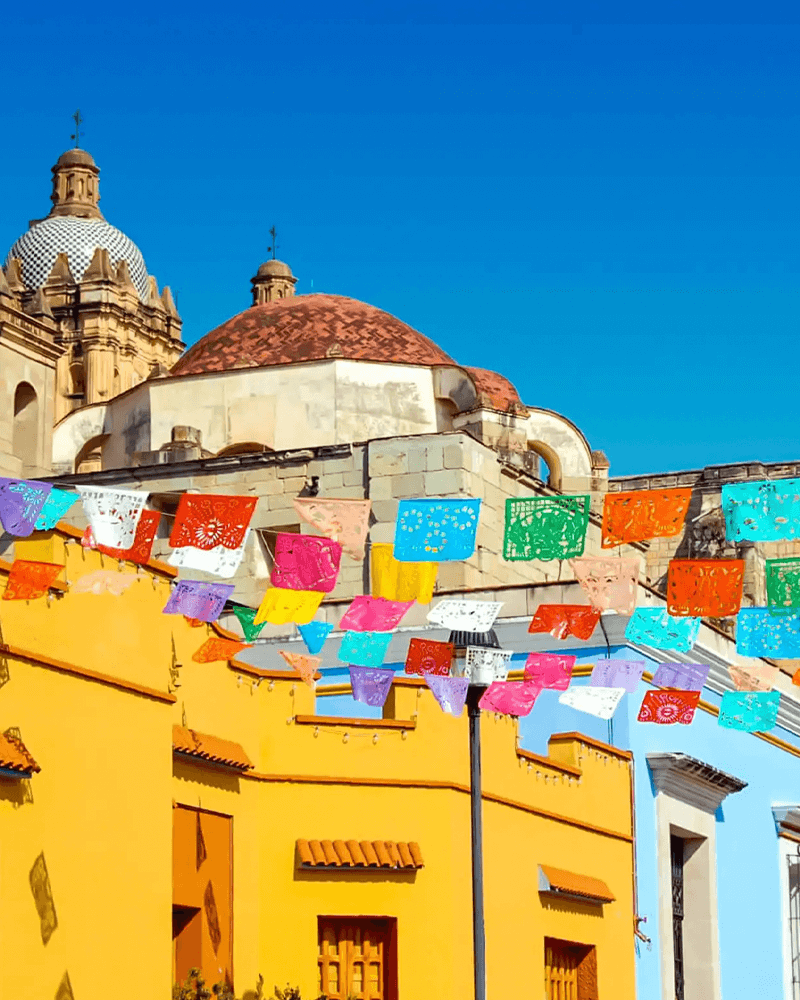
"Be sure to visit the weaving and natural dye workshop of Porfirio Gutiérrez and his sister Juana in Teotitlán del Valle."
,
Mexico

"The East Devon Coastal Path over the cliffs and down through the undercliff. Stop for iced coffee in the Beer Head Bistro (Beer the village, not the drink) and a cider at The Fountain Head in Branscombe."
,
United Kingdom
Be curious. Find out. Do something. And why not make that something reading Carry and Orsola’s books that have supported their journey as changemakers.
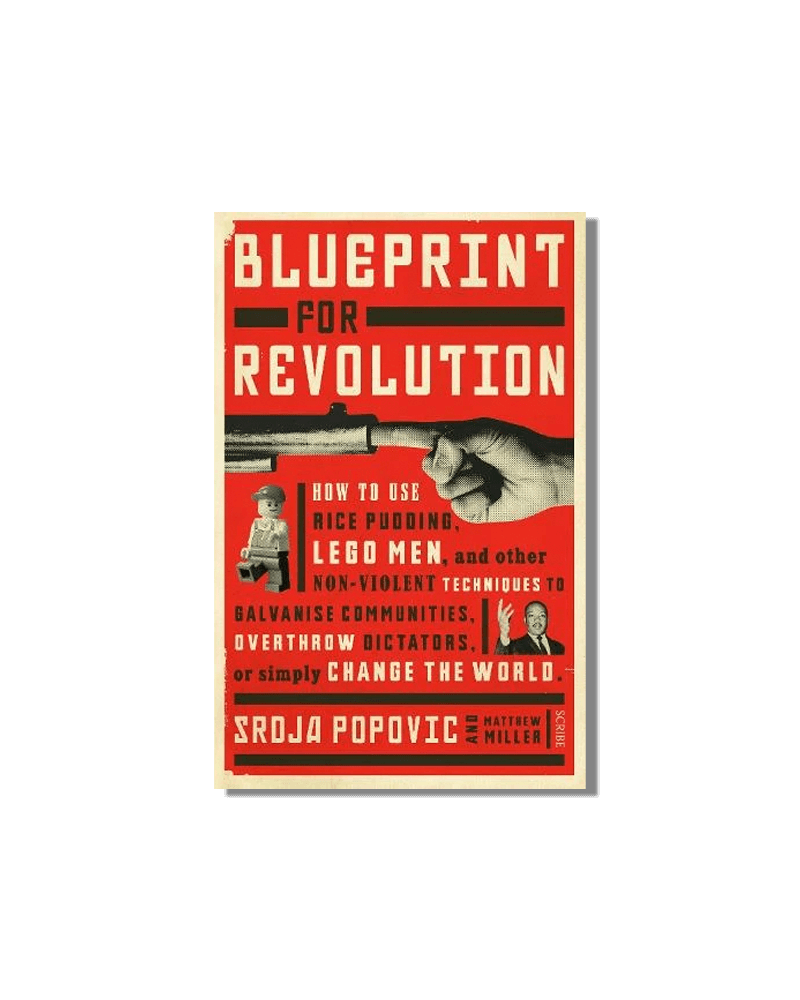
£10.99
Carry: "A book I return to time and again and constantly recommend, containing lessons and case studies about how to carry out a non-violent revolution”
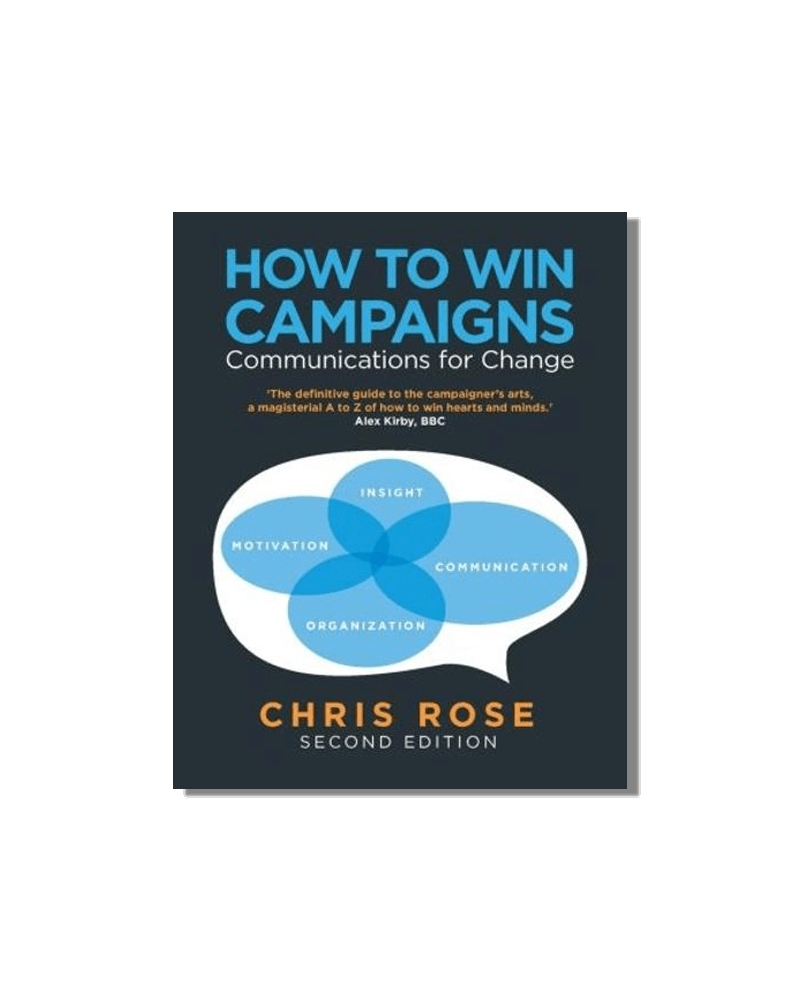
£32.99
Carry: “A really practical handbook for creating and running successful campaigns, looking at motivational values and how to bring about behaviour change”
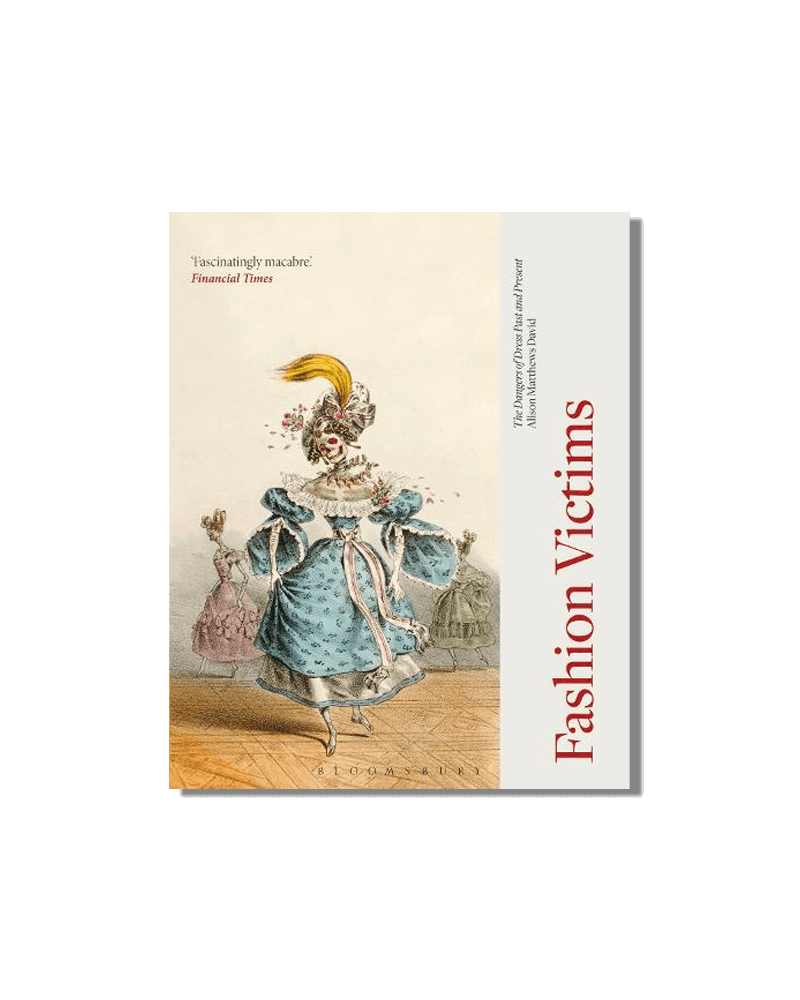
£23.99
Carry: “A fascinating history of how our clothes have been the cause of death, madness and disease, in fact and in fiction.”
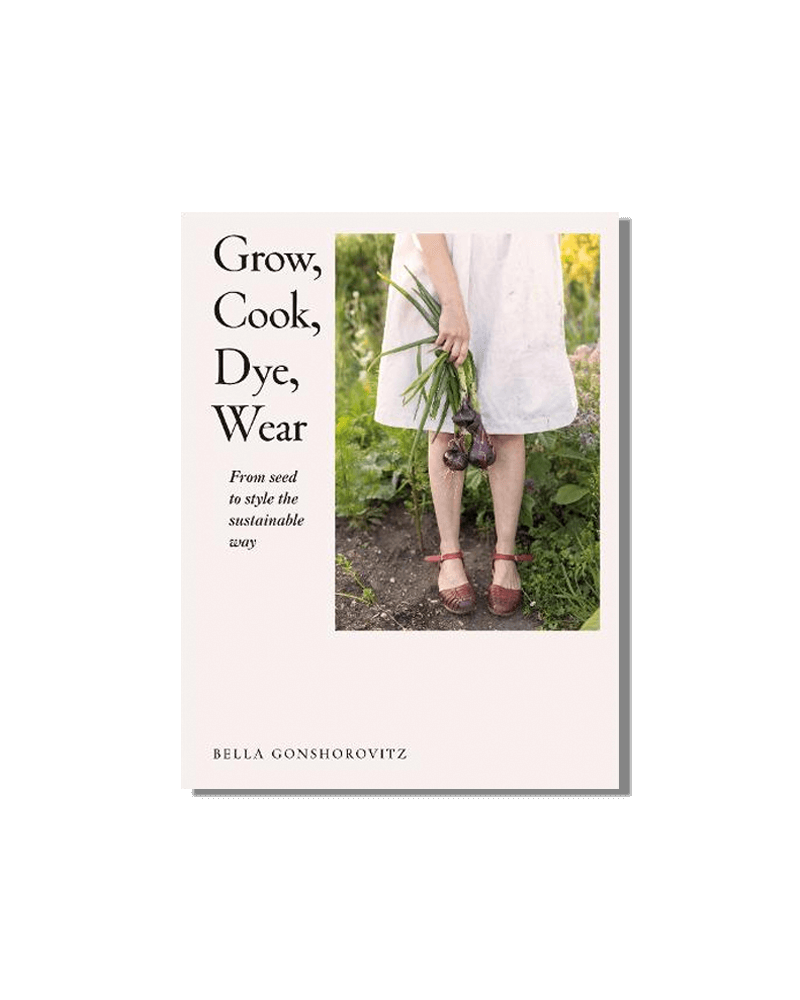
£20
Carry: “As we creating A Textile Garden for Fashion Revolution at RHS Chelsea Flower Show in May, this book showcases five crops that can be grown or foraged, with natural dye recipes, including patterns for making your own clothes, as well as some delicious food recipes.”
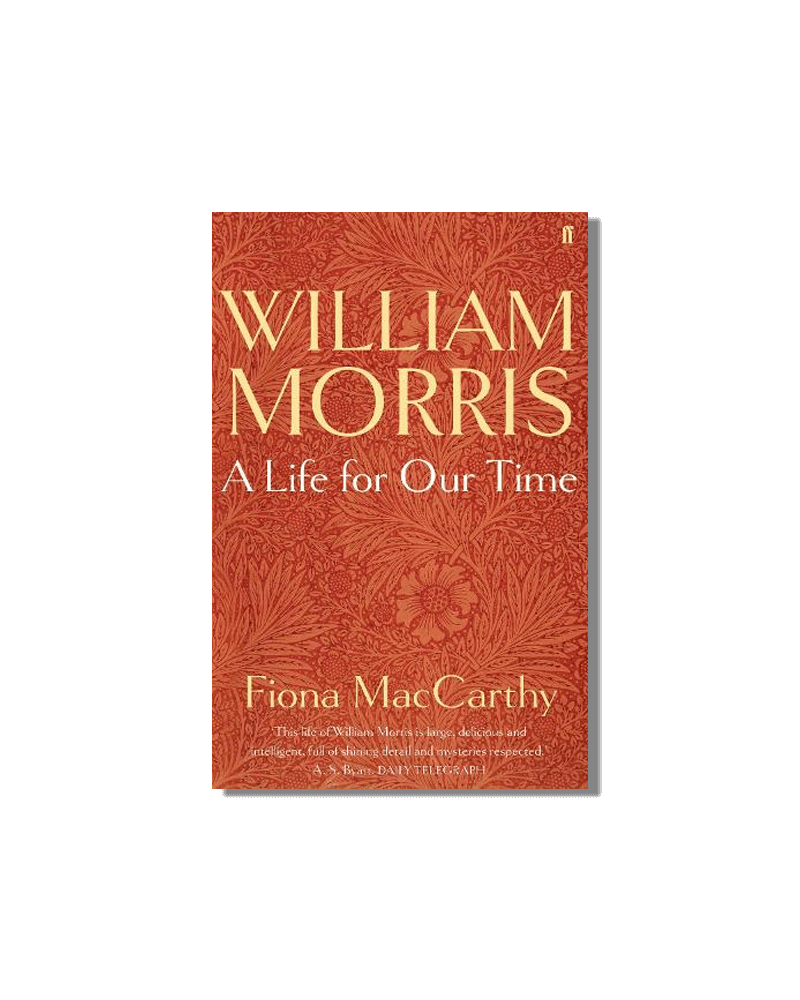
£40
Carry: “Fashion Revolution's Restorying Riverscapes project with Keele University examines historical changes in the Churnet riverscape as a result of textile production in the Staffordshire Moorlands. William Morris spent four years on and off in Leek, learning about dyeing and printing with natural dyes.”
Knowledge, digitally.
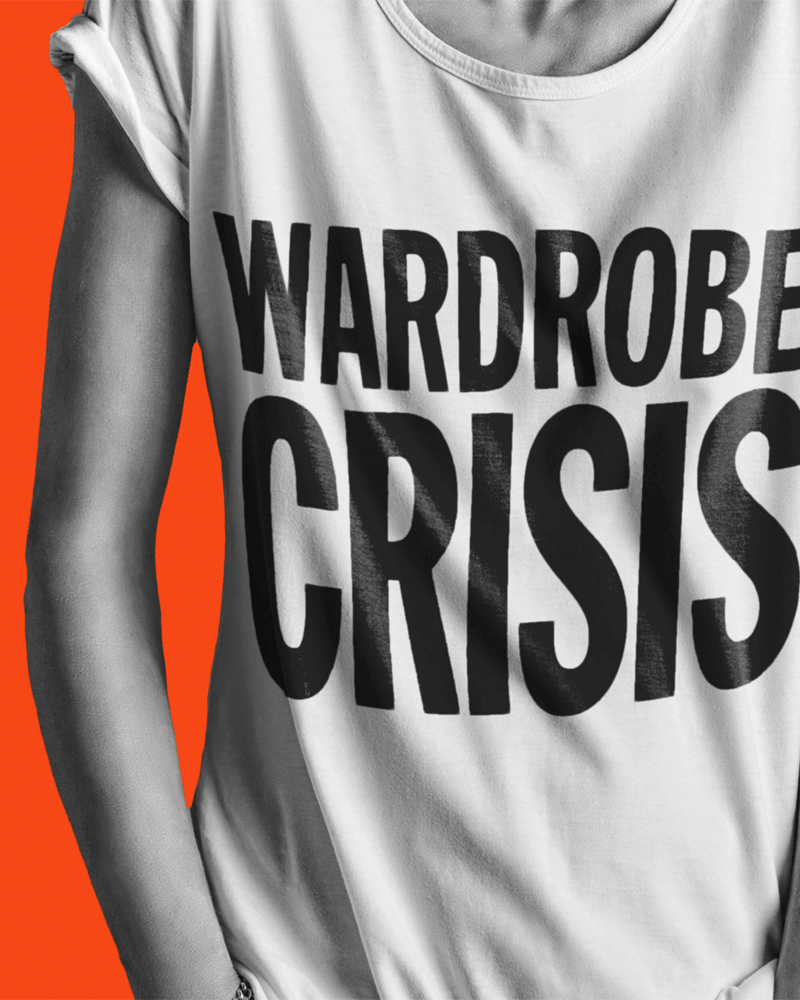
"Endlessly fascinating, in-depth yet accessible, Clare Press interviews decision-makers, innovators, disruptors, designers, models, economists and activists."
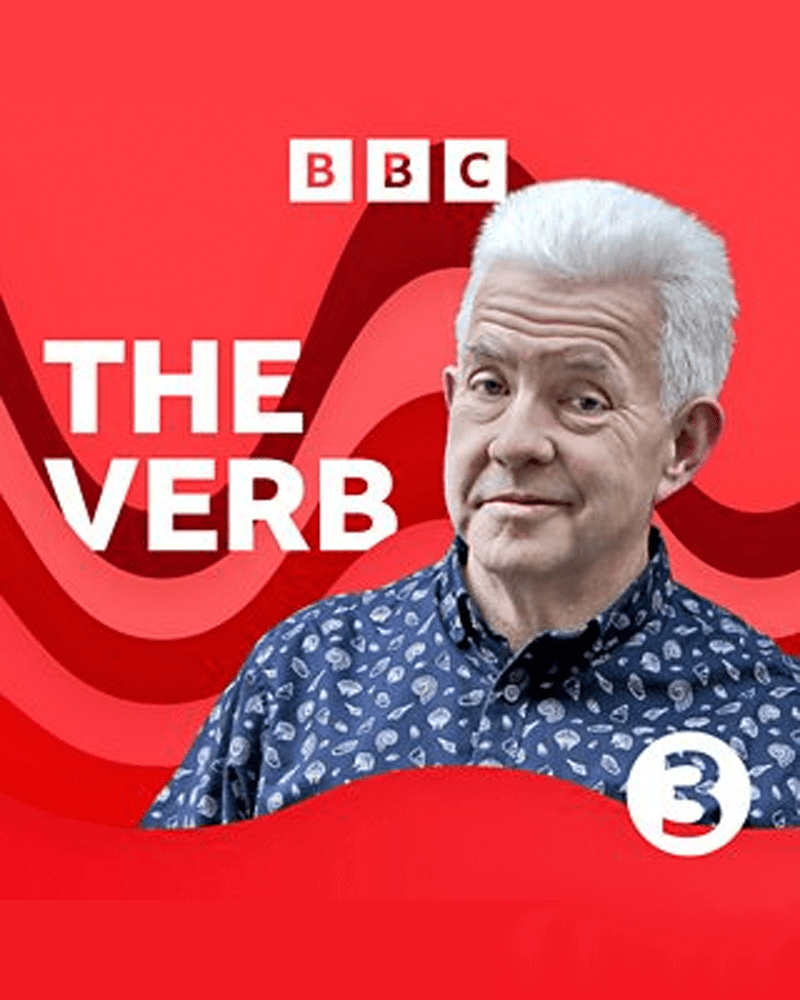
"Poets, writers and performance artists bring their own unique perspectives to weekly themes and help us see the world in different ways."

Become a member today to enjoy all our Tastemakers address recommendations on our interactive travel guide world map!
SUBSCRIBE NOWWhat does the word “taste” mean for you?
Carry:
Taste is not just the ability to discern or appreciate, but it is a way of forming unexpected alliances between what others may consider to be very different things.
Orsola:
Nothing. In fact, I find it a bit offensive, when people describe other people as having, or not having taste. How presumptuous!
Do you have a life motto that you live by?
Carry:
Anita Roddick: If you think you’re too small to make an impact, try going to bed with a mosquito in the room.
Orsola:
No, they change with time and depending of where I am on my journey. But the best piece of advice I received is “Trust the void.”
What are your favourite qualities in a human being?
Carry:
Integrity, passion, kindness.
Orsola:
Kindness and generosity of spirit (not material generosity).
Who is your hero?
Carry:
All our amazing country teams.
Orsola:
As Bertold Brecht said, “unhappy is the land that needs heroes”. I meet ‘heroes’ every single day of my life.
What is your biggest flaw?
Carry:
Stubborness.
Orsola:
I wouldn’t want to be the judge of myself, so you might want to ask several other people, as we all interpret each other differently.
What is your best quality?
Carry:
Innovative thinking, with the tenacity to make creative ideas happen.
Orsola:
Same as above.
What would your last meal on earth be?
Carry:
Mexican Pozole verde (made by my husband)
Orsola:
Pizza made by my husband.
What does success mean to you?
Carry:
Being able to sleep at night knowing I have done all I can, in the best way I can.
Orsola:
Nothing at all. The only success I ever cared for is to be respected by the people I love and respect. All else is just gravy.
If you had the power to change anything you wanted in the world, what would you change?
Carry:
Eradicate plastic waste and microplastics from every part of our earth, oceans and bodies
Orsola:
That we should treat each other as equals from now on.